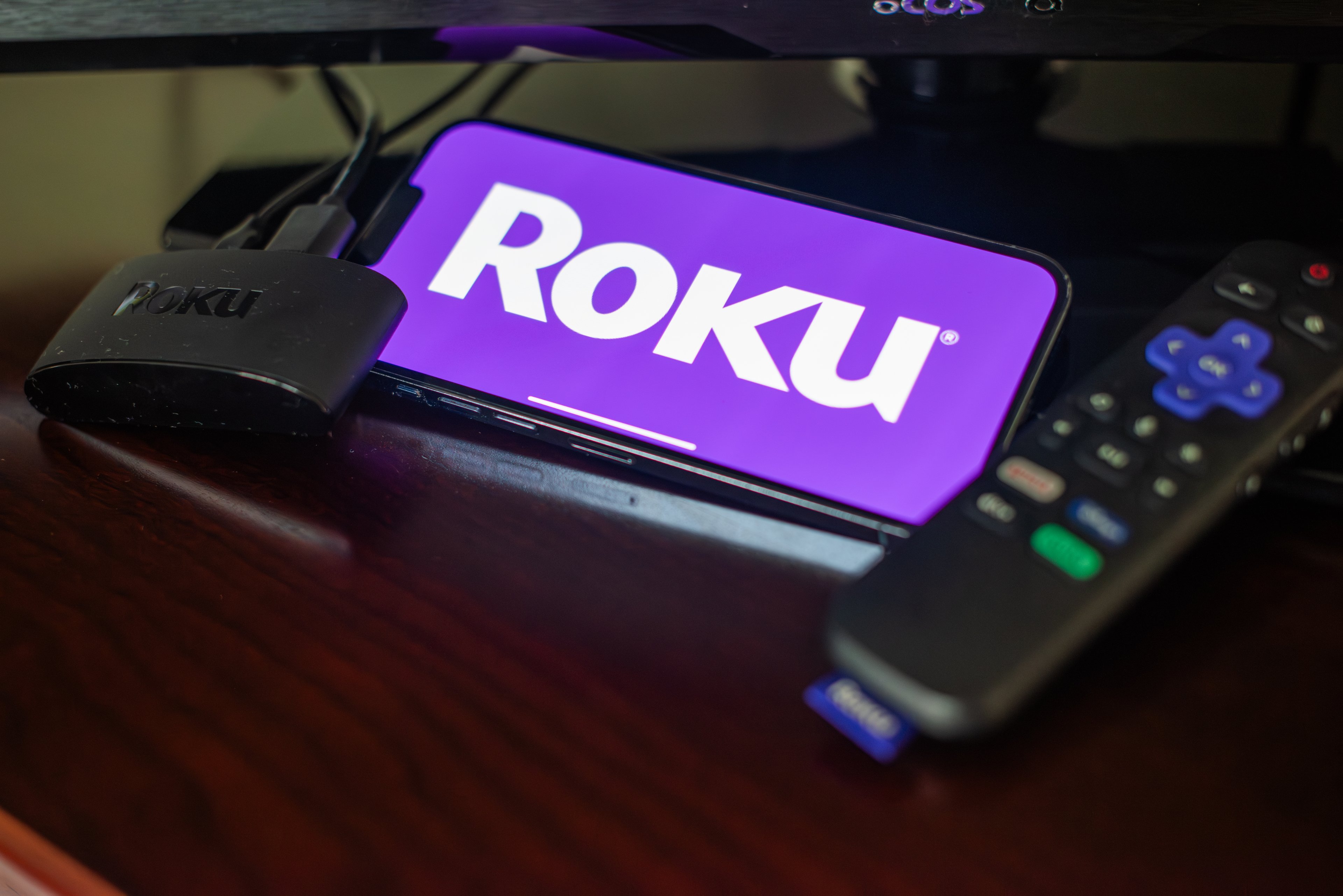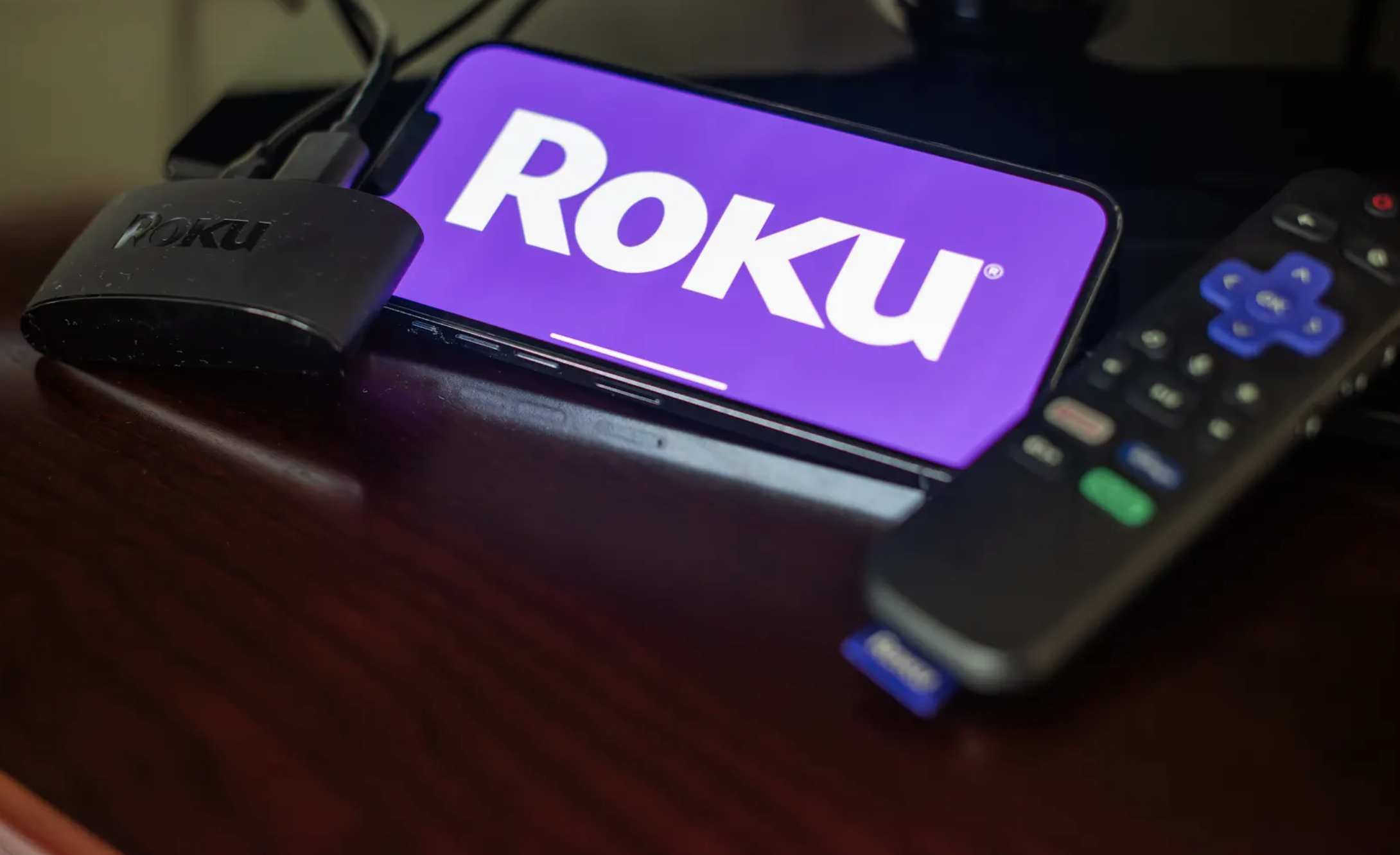It's been three months since Roku (ROKU 1.03%) turned heads by acquiring the content catalog of the failed Quibi video service, and now we're starting to see the popular streaming hub firm up its strategy. Roku announced on Wednesday that the 75 premium celebrity-stacked shows and documentaries that it picked up in the Quibi fire sale will be rebranded as Roku Originals. The content will be launched on the Roku Channel, which currently offers free, ad-supported entertainment.
There isn't any material news beyond the rebranding and that the content will logically reside in the expanding breadth of the Roku Channel. A launch date will be announced next month. The press release may seem to be little more than a story to put out on a day when streaming stocks are getting crushed on the heels of a rough earnings report out of the niche's bellwether.
The rub here is that the ascending popularity of Roku's platform in recent years stems largely from its agnosticism. Unlike the tech giants it competes with, which have their own content marketplaces and devices to push, Roku plays nice with thousands of streaming apps. If you can come to terms with the hub's revenue-sharing demands, you have a shot at being seen by the 51.2 million active accounts that Roku is serving. Will the push for proprietary content change that? Will Roku be seen more as a competitor than as a partner? Will ad revenue take a hit as Roku prioritizes its owned content? If you're long Roku you're going to like the answers, so let's take a closer look.

Image source: Getty Images.
Thinking inside the box
Quibi was doomed from the start, but that had nothing to do with its content. The premium service was limited to mobile devices, and most smartphone users have a ton of diversions available that don't throw them into a paywall. Quibi was too cocky in its pricing and limitations, and that's the kind of arrogance that belly-flops when it jumps into a crowded pool too late.
It's unfortunate for Quibi, because there was a lot of interesting content on the platform with many of Hollywood's biggest stars. Quibi never had a chance to shine, and it never even got a chance to play all its cards. Roku's deal includes a dozen unreleased series that Quibi never had a chance to put out.
The Quibi content will benefit from a wider audience. It will actually get watched under the Roku Originals banner.
If you're a streaming service, you're not going to see Roku as a competitor. Shying away from Roku means forgoing access to more than 50 million homes that spend an average of more than three hours a day cradling the Roku remote. In short, third parties aren't going to go anywhere, just as they didn't when the Roku Channel itself was launched.
As for ad revenue, why would that not go up in the future? Average revenue per user is $28.76 at Roku over the trailing 12 months, or nearly $2.40 a month. It's not a lot, but it adds up. Will Roku Originals be a distraction? If Roku can generate more revenue recommending a new app than promoting its own content, it probably will. If it can make more money selling ad revenue that it doesn't have to share with its own content than on third-party revenue-sharing arrangements, that will be the right call. Trust Roku to get the balance right. It has earned that much.
The Roku Channel and soon Roku Originals give the platform an edge when it comes to differentiation. Roku is already the standard preinstalled operating system on 38% of all smart televisions sold in this country. A hit or two in the Roku Originals vault, and customers will be more particular about demanding that their next TV come with Roku. If it doesn't, that will inspire the purchase of Roku plug-in devices after the TV is bought.
Roku knows what it's doing here. It has taken on media stocks and tech behemoths to become a juggernaut in home entertainment. The content strategy is brilliant, and it won't backfire.





